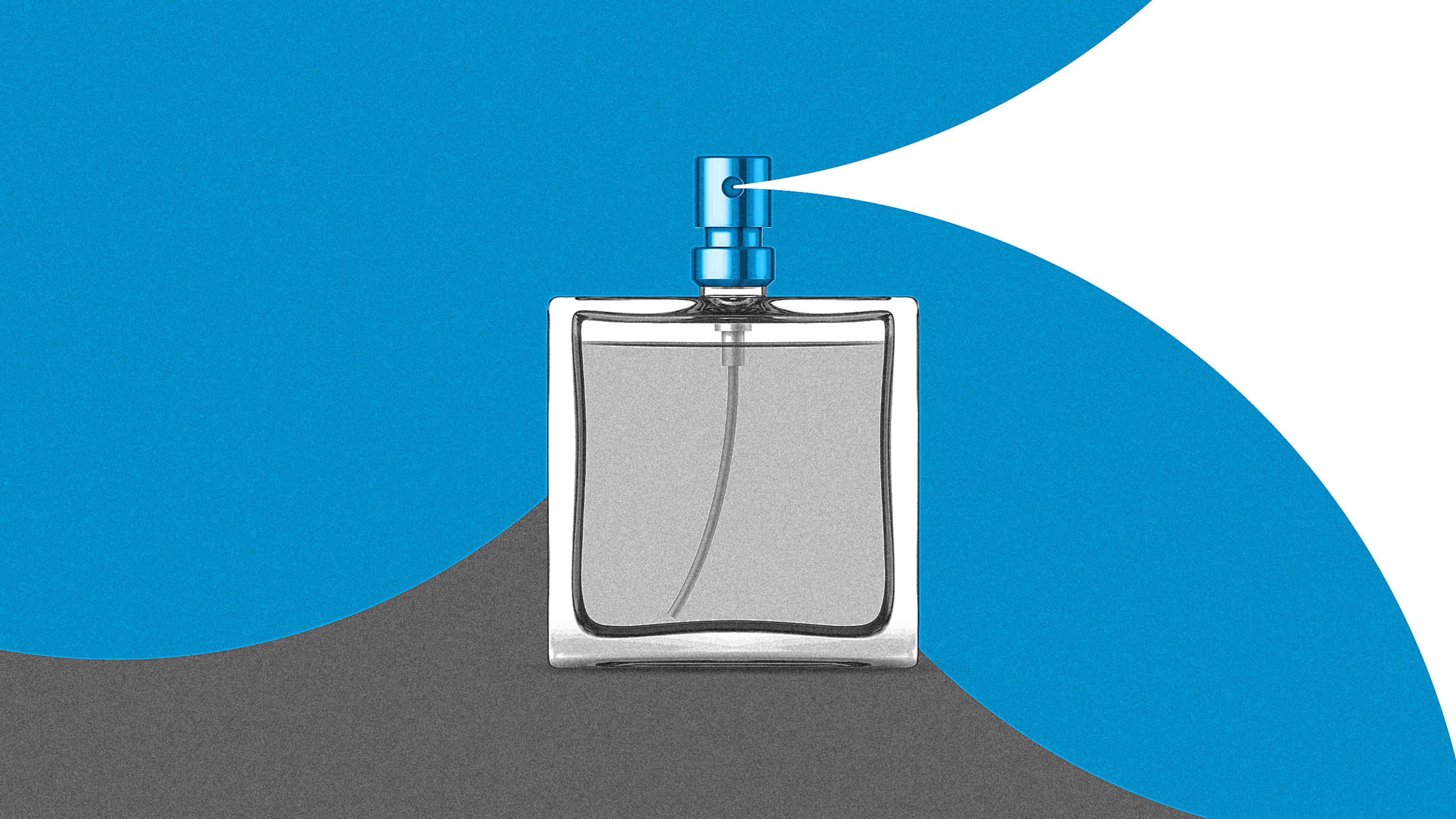Soon you may be able spritz yourself with a perfume made with alcohol that started out as pollution. Beginning next fall, the ethanol used in some fragrances made by beauty company Coty, which produces the fragrance lines for luxury brands like Dolce & Gabbana, Gucci, and Calvin Klein, will be made from recycled carbon emissions.
Coty, which also owns beauty brands like CoverGirl and Rimmel and is the world’s largest fragrance company, announced today that it’s partnering with the biotech company LanzaTech to use its ethanol made from carbon-captured emissions in fragrances. Select brands in Coty’s portfolio—though they have not yet announced which ones—will be made with this carbon-capture ethanol starting in October 2021 and Coty aims to use the ethanol in the majority of its fragrance lines by 2023.
Alcohol is a key ingredient in many fragrances because it carries scent well and evaporates on skin. Currently, Coty fragrances use ethanol made from sugarcane and sugar beets, but even though this kind of ethanol is made from natural materials, it still has a big environmental impact. Sugarcane farming for ethanol production is done on such a large scale that it leads to deforestation and soil degradation, and damages biodiversity hotspots. In 2018, Brazil grew over 630 million metric tons of sugarcane; growing and harvesting all that material requires a lot of water and fertilizer, as well.
LanzaTech makes its ethanol out of carbon emissions from industrial sources like steel mills. In a bioreactor that collects those emissions, bacteria eat that pollution and turn it into ethanol. The company’s ethanol has already been used to create jet fuel and substitutes for plastics, rubber, and synthetic fibers, and has been used in cleaning products made by Swiss company Mibelle. LanzaTech has also used its carbon-capture technology to turn CO2 pollution into lipids and omega-3 fatty acids, which could then be used to make an array of products, from nutritional supplements to fish feed to vegetable oil replacements.
Scientists at Coty and LanzaTech developed a high-purity ethanol specifically for use in fragrances. When Coty starts implementing this ethanol into its factories, it’ll be mixed with other ethanols, but ultimately the company hopes to use all recycled-carbon ethanol in its products. The carbon-capture ethanol has a double environmental impact: it uses less land and water, while also preventing more carbon emissions from being released. Coty worked with sustainability consultancy Quantis for a life-cycle assessment and found that LanzaTech’s carbon-capture ethanol involves nearly no water consumption, reduces the need for agricultural land, and produced lower carbon emissions than when the company uses sugarcane-derived ethanol.
LanzaTech sees a future in which our everyday products are all made from recycled carbon waste, and though most people probably never imagined they’d wear fragrances made from ethanol that starts out as pollution, Coty thinks this partnership will be in line with what their customers want. “It’s not only the right thing to do,” Coty CEO Sue Y. Nabi said in a statement, “but it makes commercial sense too—with today’s consumer rightly demanding that their favorite brands share their commitment to sustainability.”
Recognize your brand’s excellence by applying to this year’s Brands That Matter Awards before the early-rate deadline, May 3.
